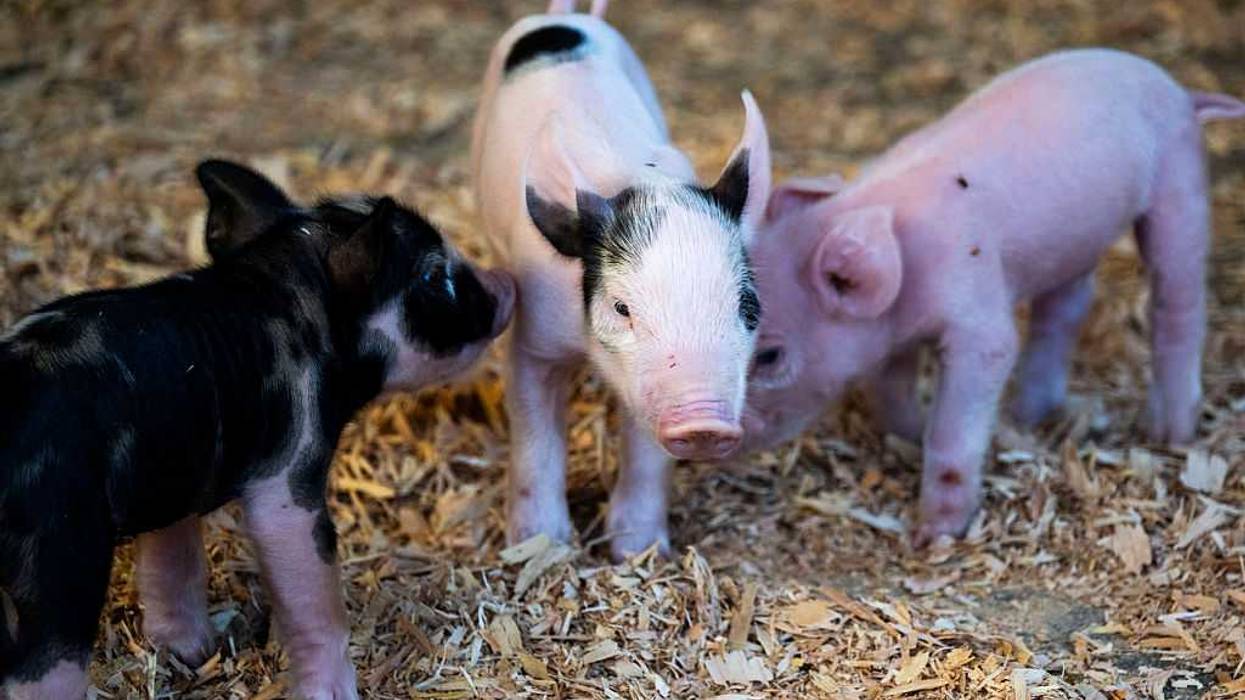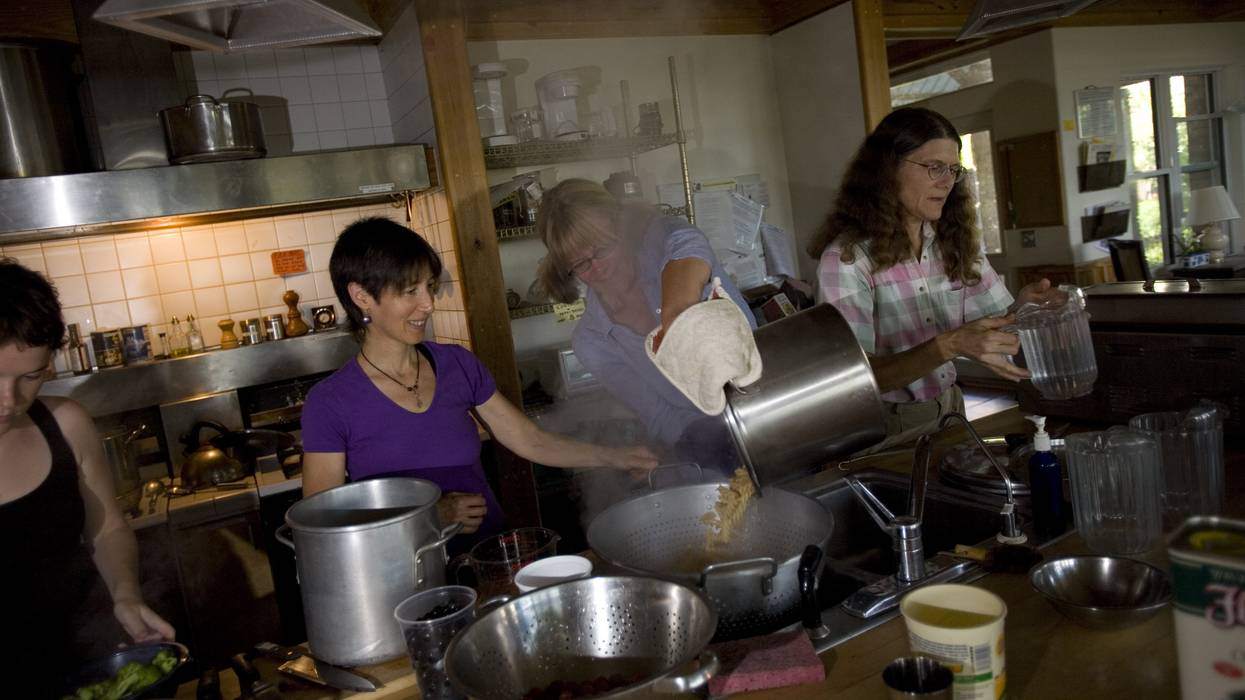This Thanksgiving, Let’s Feed Families, Not Factory Farms
Nearly 70% of the grain grown in this country—corn, soy, wheat, and barley—never feeds a single human being. Instead, it’s fed to pigs, chickens, and cows packed into industrial animal factories.
As Americans gather around the table this Thanksgiving to show our gratitude and feast in abundance, we should ask ourselves a simple but uncomfortable question: Who—and what—are we really feeding in the US?
In the United States, the answer isn’t “people.” It’s corporate, industrial factory farms.
Nearly 70% of the grain grown in this country—corn, soy, wheat, and barley—never feeds a single human being. Instead, it’s fed to pigs, chickens, and cows packed into industrial animal factories. Only about one-quarter of US crops are eaten directly by people. That staggering imbalance makes factory farming the single biggest cause of food waste in America—a system that burns through farmland, water, and fossil fuels to produce less food, not more.
When we feed edible crops to animals, we lose up to 90% of their calories and protein before they ever reach a plate. For every 100 calories of animal feed fed into factory farm production, we get back only about 12 calories in meat or dairy. Meanwhile, 44 million Americans face food insecurity, and approximately 1 in 5 children in the US—nearly 14 million kids—are living with hunger.
By reducing the number of animals raised for food and shifting subsidies toward healthy, plant-based foods, we can create a food system that actually feeds people and supports family farmers instead of corporations.
It doesn’t have to be this way.
The US government spends billions every year to prop up this wasteful system. Federal farm subsidies overwhelmingly flow to the corporations that grow feed for factory farms—corn and soy for industrial livestock—while fruits, vegetables, and legumes that could actually nourish people receive a fraction of that support.
In other words, your taxpayer dollars are funding food waste. We’re subsidizing the destruction of the environment, the suffering of animals, and the consolidation of rural America under corporate control.
This isn’t just an agricultural policy failure. It’s a moral one.
Feeding food to factory farms doesn’t feed the nation—it feeds the climate crisis. Industrial livestock is one of the largest sources of greenhouse gases. The endless demand for feed crops drives soil depletion, fertilizer runoff, and water contamination across the Midwest, while fueling deforestation abroad for imported soy.
If we redirected even a fraction of those feed crops toward food crops, we could feed millions more Americans, free up farmland for restoration, and dramatically cut emissions. That’s what real climate-smart agriculture looks like—not doubling down on a broken system driving us toward extinction.
Thanksgiving is supposed to be about gratitude and generosity. But genuine gratitude means stewardship—using resources wisely, sharing abundance fairly, and respecting the lives, human and animal alike, that make our meals possible. There’s nothing thankful about wasting food and warming the planet to keep factory farms afloat.
We can choose a better way forward.
By reducing the number of animals raised for food and shifting subsidies toward healthy, plant-based foods, we can create a food system that actually feeds people and supports family farmers instead of corporations. Imagine if American agriculture rewarded farmers for growing beans, grains, fruits, and vegetables that nourish families, not for producing endless corn and soy to sustain industrial meat factories.
This Thanksgiving, let’s make gratitude mean something again. Because abundance isn’t about how much we produce—it’s about how wisely and compassionately we use what we have.
If we want a food system that truly feeds people, strengthens rural communities, and honors the spirit of Thanksgiving, the first step is simple: Stop feeding our food to factory farms.


